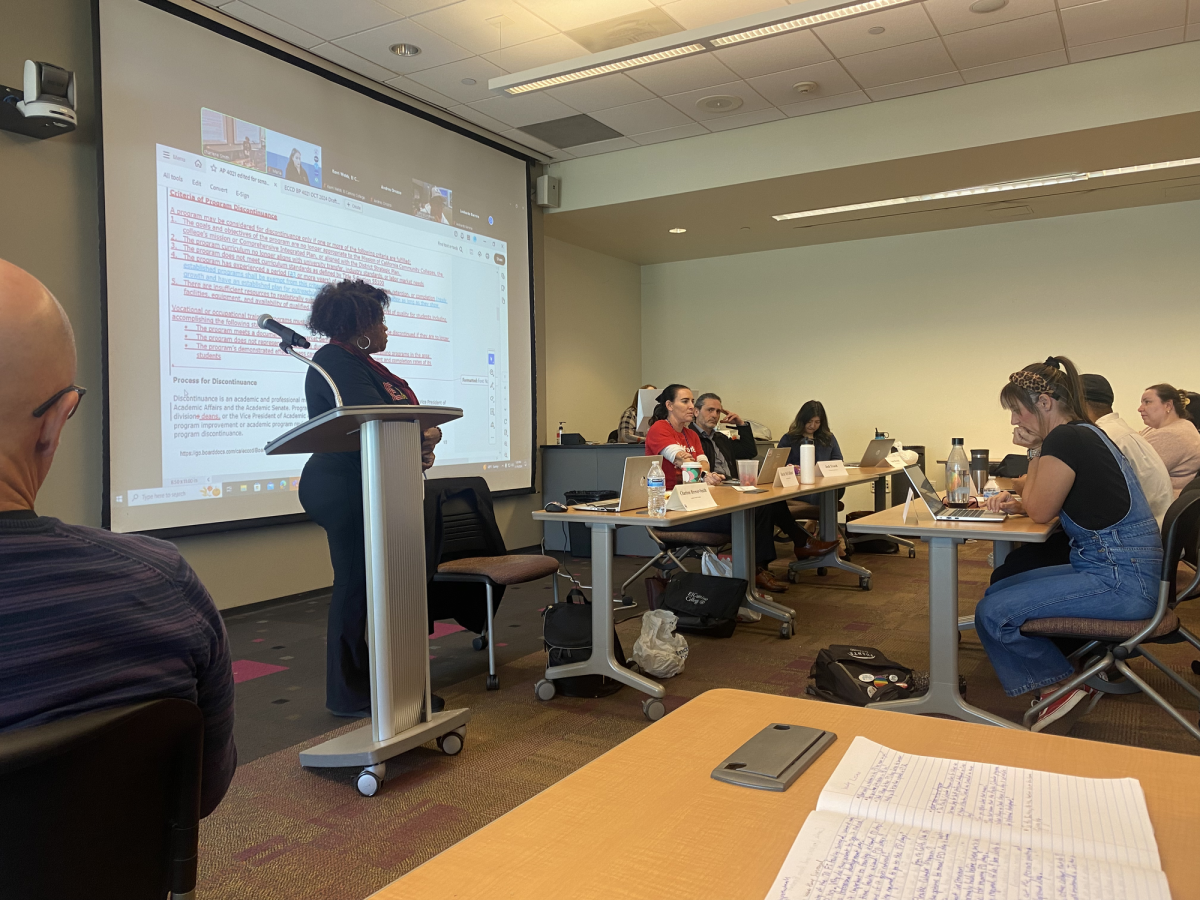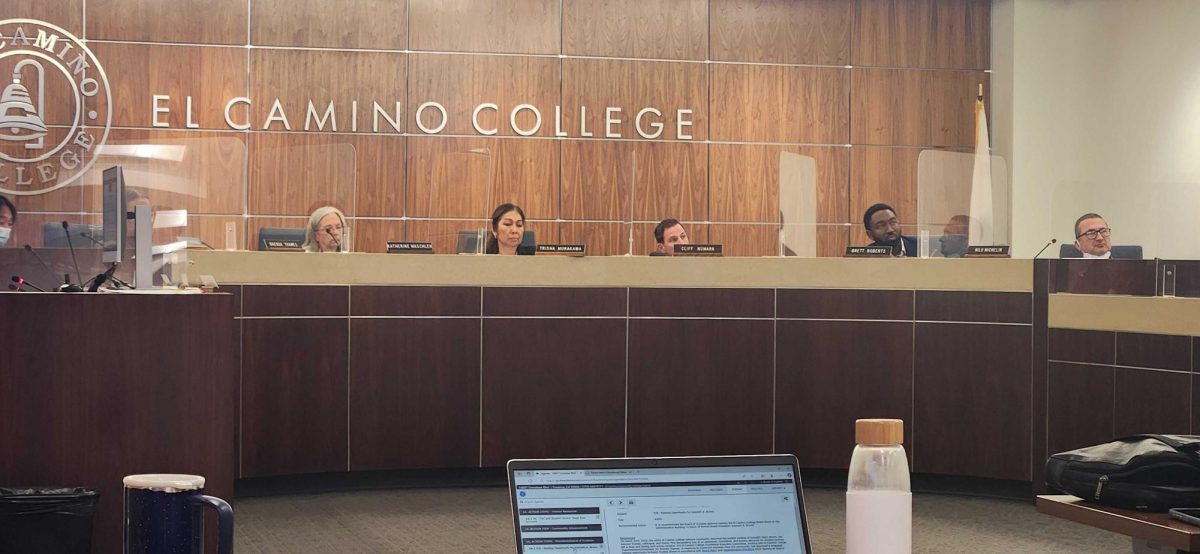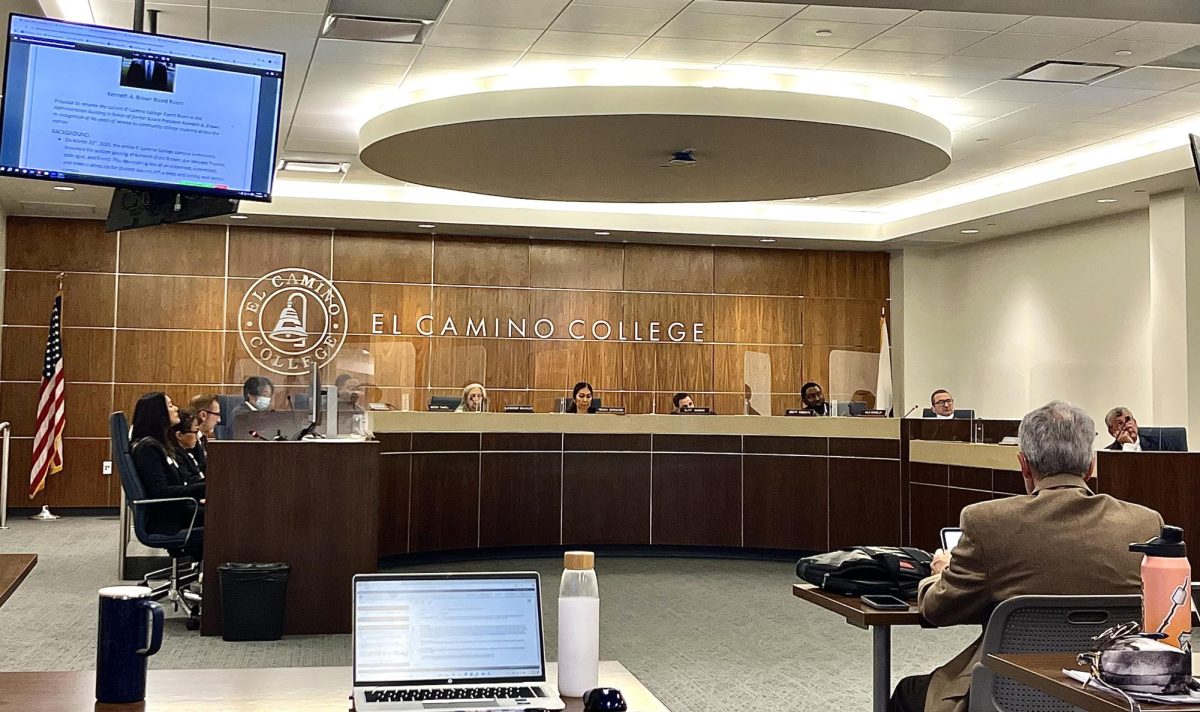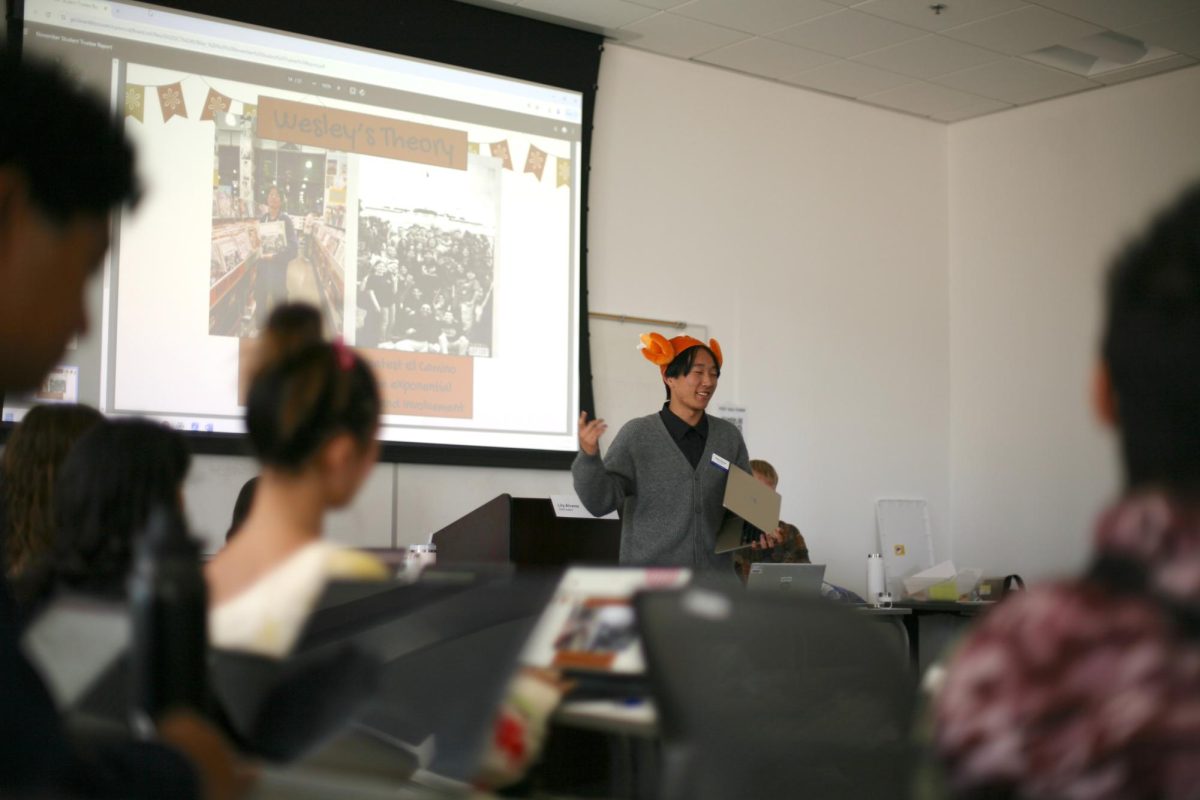While walking around the Bookstore or Cafeteria, students and faculty may notice that something is missing.
The Vendor Program, which has been selling its items to students for the past 25 years, was shut down.
“We regret to inform you that El Camino Community College District will discontinue the Vendor Program effective Nov. 1, 2008,” was written by Julie Bourlier, director of the Bookstore, in a letter given to vendors Oct. 21.
The discontinuation is causing some students and staff to cheer, while others are upset over the loss.
“We are not here to provide a space for commercial vendors,” Jo Ann Higdon, director of administrative services, said. “Our core mission is education and that is what we are all about.”
“We are a not-for-profit educational institution and as such, we do not rent commercially in that area of our campus,” Higdon said. “We want to be sensitive to the commercial entities that are out there. We aren’t licensed to compete with commercial venues. It is just not our business.”
Vendors said that the reason for the discontinuation is due to a conflict of interest between them and the Roadium Open Air Market down the street.
“The Roadium is desperate because business is too slow and they are looking to blame others,” Sonia Ibanez, vendor, said. “We have had 25 years of no complaints.”
The Roadium has an agreement with EC and pays the school a lot of money to use the front parking lots bordering Crenshaw Boulevard for transportation purposes.
On the weekends buses leaving from the parking lot shuttle shoppers to the Roadium because there is a lack of available parking there.
“Most of the business for the Roadium comes during the weekend,” Ali Najafi, vendor, said. “We sell our stuff during the weekdays and it is different from the Roadium’s because ours are handmade items. How is there a conflict? We have been selling alongside the Roadium Swap Meet for 25 years and our relative businesses have been at peace.”
The Vendor Program was associated with the college through the Bookstore.
Bourlier was not immediately available for comment.
Vendors would sign up every semester for $50 per day, usually for a total of 10 days out of the semester and vendors, on a good day, would make up to $300.
However, this semester, the vendors made approximately $150, something they said was due to the poor economy.
“I think the vendors made the campus look cheap,” Jose Gonzalez, 22, accounting major, said. “This is not a place to sell their trinkets. If students want to buy that kind of stuff they can go to the swap meet down the street.”
A 5-page petition for the reinstatement of the Vendor Program circulated around the campus and was then sent to President Dr. Thomas Fallo.
Students, faculty, staff and vendors who opposed the cut voiced their outrage.
“We are not in the way of education and we are not disturbing classes,” Najafi said. “We are providing a convenient service that has been like a tradition here.”
Liz Fernandez, who is a financial aid assistant and foster youth liaison, said she believed that the loss of the Vendor Program was a serious detriment.
“I am disturbed because everything we like is being taken away,” Fernandez said. “I did my Christmas shopping here. I don’t have the time to go to the mall and buy expensive presents. It was convenient and I could buy unique and reasonably priced items.”
Many colleges and universities offer the Vendor Program to promote cultural diversity, make some money from the vendors and offer an opportunity for students and staff to shop.
Higdon said that students and staff that are unhappy with the loss of the vendors are welcome to get in contact with student government.
“When it comes to them selling on campus, I never had a problem with them being here,” Megan McLean, 19, student body president, said. “But if they are posing a problem for other businesses in the area, then the administration made the right decision.”








